Kidney disease is a serious health issue that can have far-reaching consequences on your overall health. It holds 7th place in our list of the Top 10 Leading Causes of Death in Asia. Unfortunately, some of the medications we take for other health issues can also be harmful to our kidneys. So, the World’s #1 Source of Research-Based Content, The Daily Top 10 thought to share with you The Top 10 Worst Medications That Can Harm Your Kidneys.
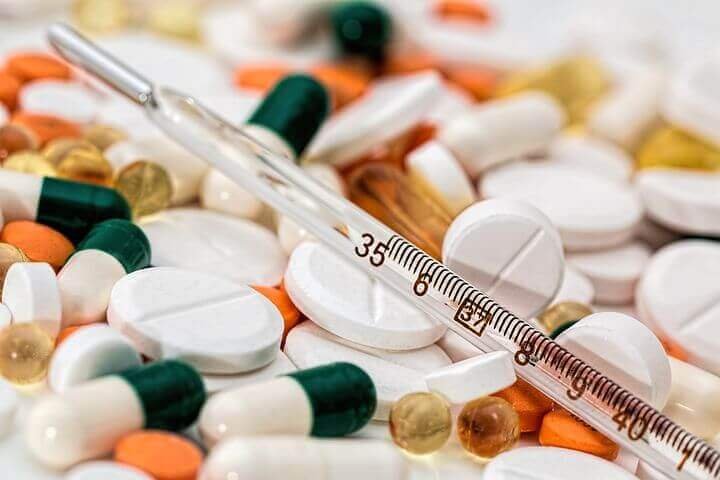
Many of these medications can cause kidney damage if taken in high doses or over a long time. It is important to talk to your doctor before taking any of these medications and be sure to monitor your kidney function closely.
By being aware of the medications that can harm your kidneys, you can take steps to prevent kidney damage and ensure your long-term health. So, let’s look into the Top 10 Worst Medications That Can Harm Your Kidneys.
What is the Worst Medication That Can Harm Your Kidneys?
Medications are an essential part of modern healthcare, allowing us to treat a variety of conditions and diseases. However, certain medications can be harmful to our kidneys if taken in excess or for extended periods. The kidneys are vital for filtering out toxins and waste from our bodies, so it’s important to be mindful of the medications we take.

Before we identify The Worst Medication That Can Harm Your Kidneys, let’s check out the rest of our top 10 list. So, here are the Top 10 Worst Medications That Can Harm Your Kidneys.
TOP 10: Jardiance

Patients with diabetes may benefit from Jardiance, but in rare cases, it can cause kidney failure. Sudden kidney injuries have happened in people taking Jardiance.
Importantly, according to Health Care, Jardiance has diuretic effects and interacts with other nephrotoxic drugs, raising the risk for toxic kidney effects. Again, rare, but it can happen. So, be sure to consult your doctor if you are losing fluids due to vomiting, diarrhea, or long exposure to the sun.
TOP 9: Proton Pump Inhibitors (PPIs)
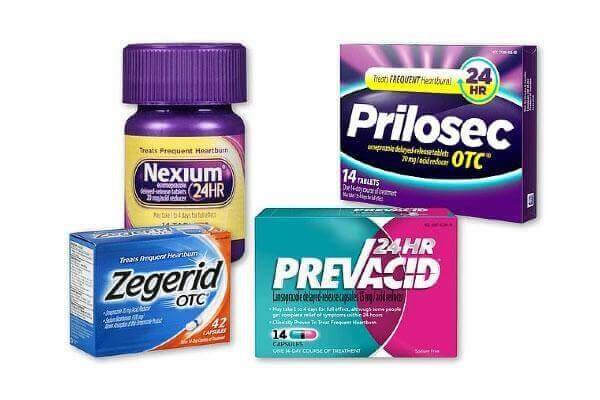
According to About GERD, Proton pump inhibitors (PPIs) are widely used as a most commonly prescribed class of medication for the treatment of heartburn and acid-related disorders. They work by blocking the site of acid production in the parietal cell of the stomach. But, observational studies done by Nature suggested an increased risk of kidney injury in patients with PPI treatment.
So, although they lower the amount of acid in your stomach, taking Proton Pump Inhibitors over a long period can raise your chances of serious kidney problems and might even lead to kidney failure.
TOP 8: Laxatives
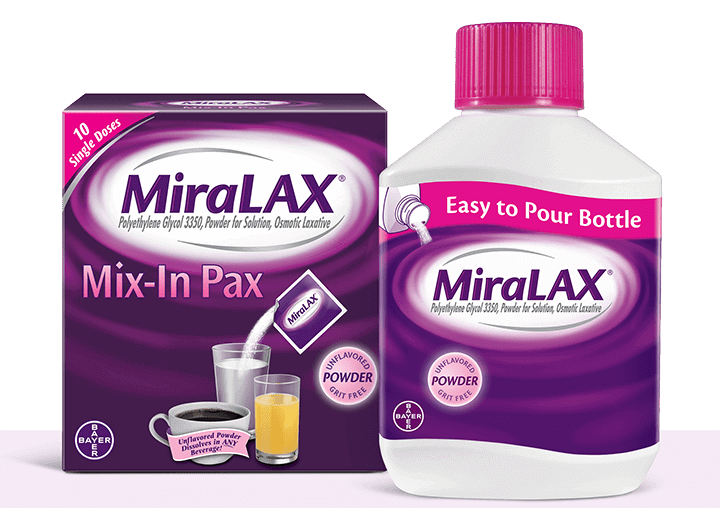
Laxatives are widely used to treat constipation if lifestyle changes, such as increasing the amount of fiber in your diet, drinking plenty of fluid, and taking regular exercise, haven’t helped.
According to Kidney, in general, over-the-counter laxatives are safe for most people. However, some prescription laxatives that are used for cleaning the bowel (usually before a colonoscopy) can be harmful to the kidneys. The chronic use of laxatives can also result in kidney stones, including calcium oxalate and ammonium urate stones.
TOP 7: Diuretics
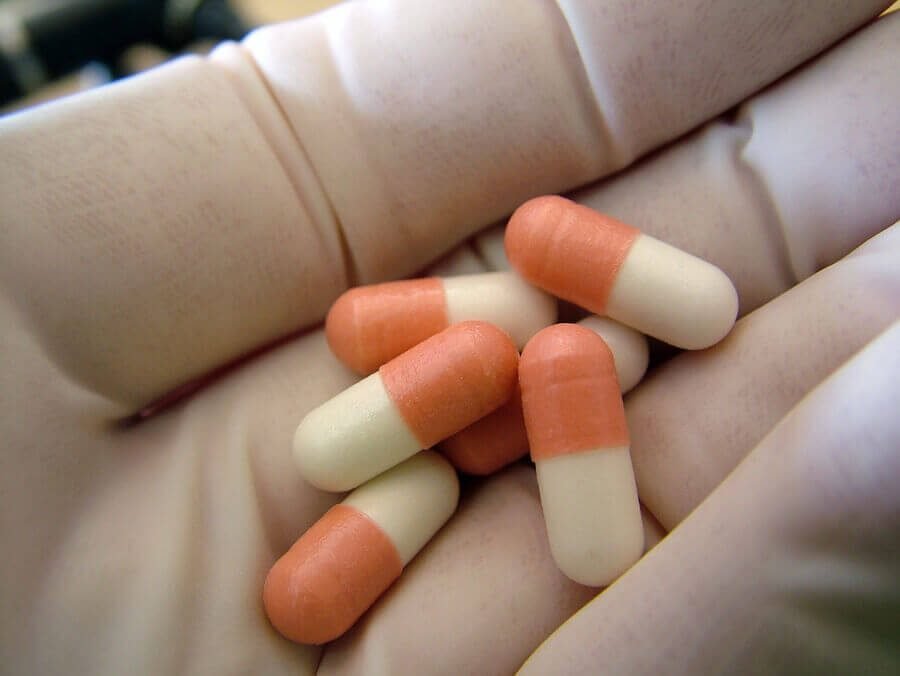
Diuretics, or water pills, are used to treat conditions like high blood pressure, glaucoma, and edema, but as with all medications, they come with some risks. Popular diuretics include hydrochlorothiazide, furosemide, and spironolactone. They assist your body to get rid of extra fluid.
Diuretics are associated with a risk of acute kidney injury. According to Webmb, they can sometimes cause you to lose hydration, which can be detrimental to your kidneys. So, those who consume them are at risk of acute kidney injury.
TOP 6: Antiviral medication
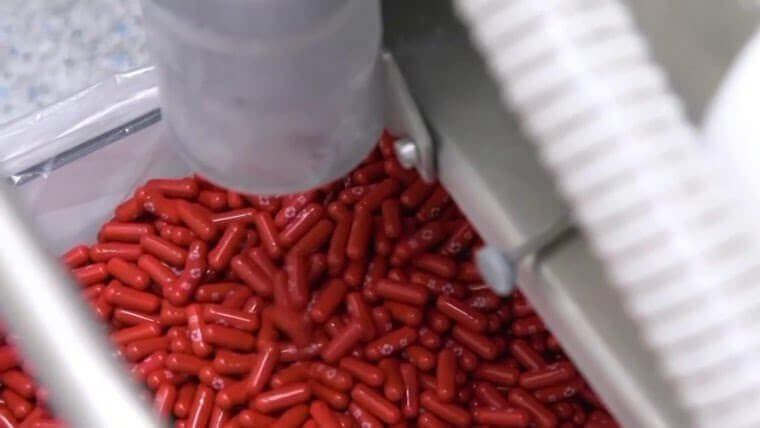
According to Physio-Pedia, Antiviral drugs are a class of medication used for treating viral infections. Most antivirals target specific viruses, while a broad-spectrum antiviral is effective against a wide range of viruses. Unlike most antibiotics, antiviral drugs do not destroy their target pathogen; instead, they inhibit its development.
Certain antiviral HIV medications are linked to long-term kidney damage and can increase your risk for kidney disease. According to Goodrx, Viread (tenofovir) and Reyataz (atazanavir) have both been shown to cause acute kidney injury.
TOP 5: Vancomycin
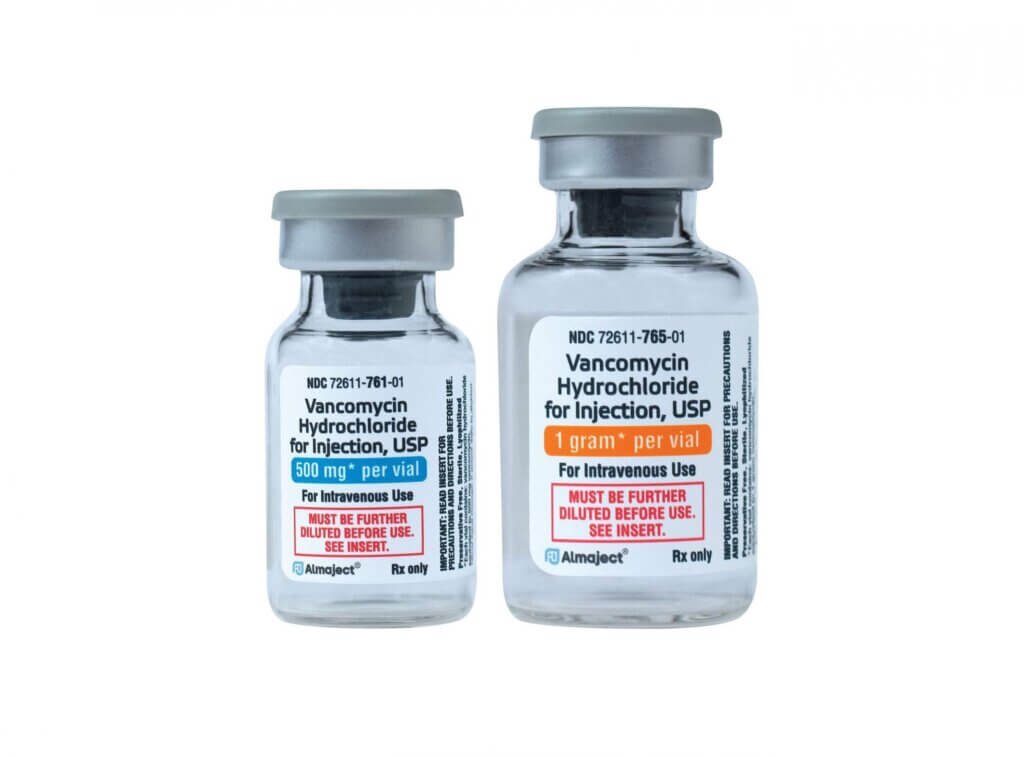
A glycopeptide antibiotic called vancomycin is prescribed to treat several bacterial infections, according to Med line plus. Nephrotoxicity associated with vancomycin has been demonstrated to cause acute renal injury.
The drug’s ability to prevent blood flow and oxygen from reaching the kidneys is most likely what is to risk for this. Beyond a week of therapy with vancomycin, the incidence of nephrotoxicity rises from 6% to 21%, and it approaches 30% with more than 2 weeks of treatment.
TOP 4: Non-Steroidal Anti-Inflammatory Drugs(NSAIDs)

NSAIDs interfere with the kidney’s compensatory vasodilation in response to the body’s secretion of vasoconstrictor hormones. Following the use of NSAIDs, inhibition of renal prostaglandins causes a significant decline in renal function.
You shouldn’t use them frequently for a long period or use high amounts of any medication, whether it is over-the-counter, naproxen, or a prescription medication from your doctor. According to Webmd, abuse of painkillers contributes to up to 5% of cases of chronic renal failure each year.
TOP 3: Aminoglycoside antibiotics
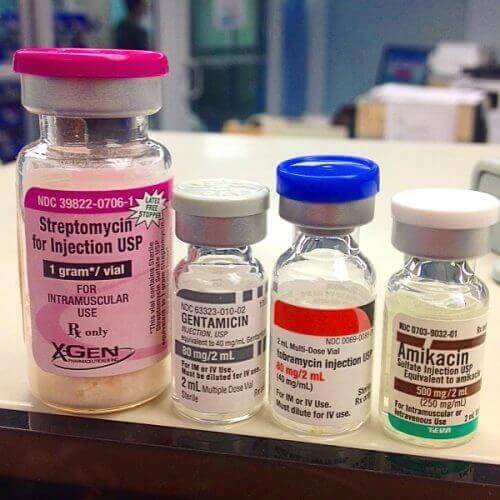
Regular use of aminoglycoside antibiotics may result in chronic renal disease by damaging the kidneys in a non-clinical manner (CKD). This can show up in the tubules and glomerulus, resulting in a reduced glomerular filtration rate (GFR) (causing altered excretion of electrolytes).
One of the significant side effects of aminoglycosides can be a decline in kidney function brought on by the drug’s toxic effects, as mentioned in, Rxlist.
TOP 2: Antibiotics
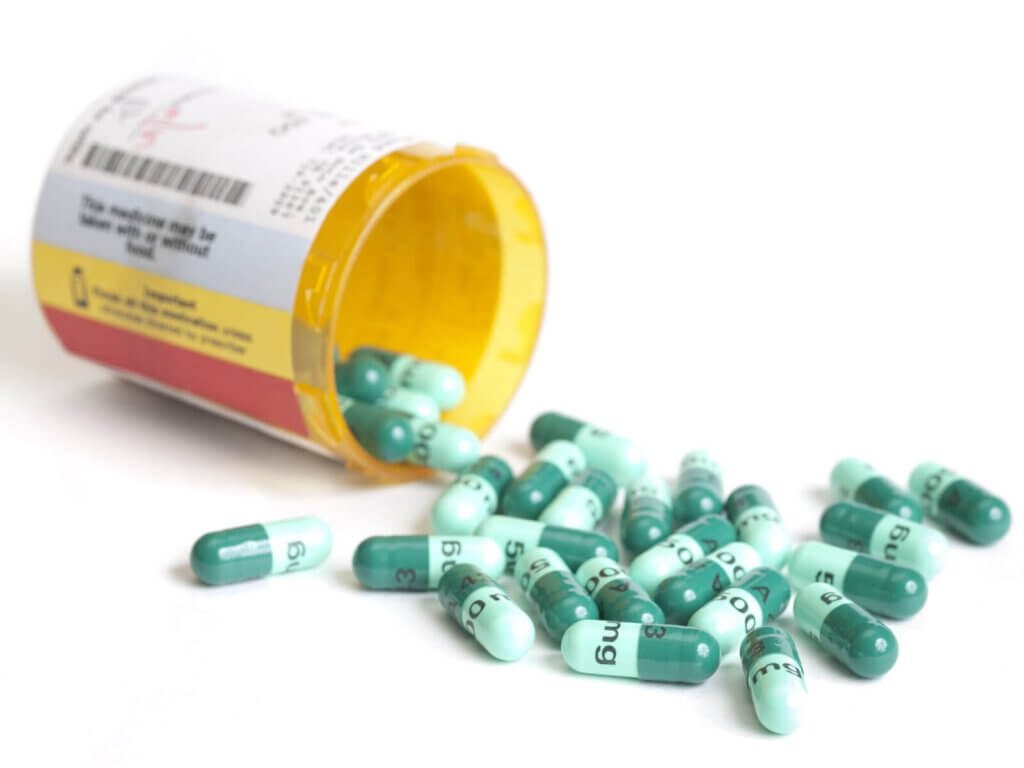
Antibiotics are used to treat or prevent some types of bacterial infections. They work by killing bacteria or preventing them from spreading. According to Pubmed, kidney damage caused by antibiotics is a common occurrence. In hospital wards, it accounts for approximately 10% of episodes of acute renal failure and 60% of drug-related kidney damage.
They can affect your kidneys in diverse ways. For example, you may have crystals in your urine that cannot be broken down by some medicines, which can prevent it from flowing. Some people also have allergic reactions to antibiotics that can affect their kidneys. So, when you are taking antibiotics for a long time or at a high dose, all of these things are more likely to occur.
TOP 1: Zoledronic Acid
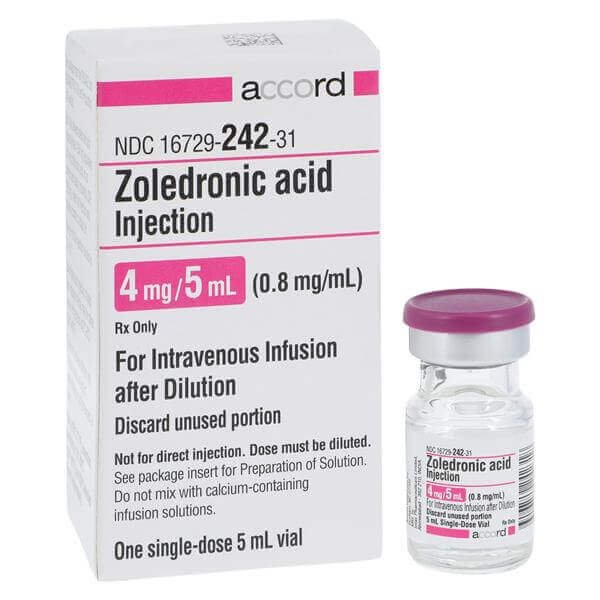
Zoledronic acid is a medication used to treat several bone diseases. These include osteoporosis, high blood calcium due to cancer, bone breakdown due to cancer, Paget’s disease of bone, and Duchenne muscular dystrophy. Particularly in people with pre-existing renal dysfunction or other risk factors, zoledronic acid has been linked to reports of renal impairment and renal failure.
Prior to each dose, renal function should be assessed. But in particular, if you are dehydrated, taking diuretic medicine, or you already have kidney disease, zoledronic acid can result in major kidney issues, according to Drugs. So, if you notice that you are urinating less frequently than normal, have ankle or foot swelling, or feel exhausted or out of breath, call your doctor right once. Accordingly, Zoledronic acid is the Worst Medication That Can Harm Your Kidneys.
What are the Worst Medications That Can Harm Your Kidneys?
Certain medications can be a danger to our kidneys if taken in huge amount or for extended periods of time. So, these medications should be taken with caution, and always with the advice of a medical professional. It’s important to be aware of any signs and symptoms of kidney damage, such as blood in the urine, changes in urine color, fatigue, and swelling in the hands and feet. Taking these medications can be dangerous, so always consult your doctor first.

Here are the Top 10 Worst Medications That Can Harm Your Kidneys:
- Zoledronic acid
- Antibiotics
- Aminoglycoside antibiotics
- Non-Steroidal Anti-Inflammatory Drugs(NSAIDs)
- Vancomycin
- Antiviral medication
- Diuretics
- Laxatives
- Proton Pump Inhibitors (PPIs)
- Jardiance
Knowing which medications to avoid is key to keeping your kidneys healthy and functioning properly. Now, are you afraid of your health and medications? The best workout apps can help you get a handle on your health and fitness routine from the palm of your hand. So, don’t be late to check the Top 10 Best Health and Fitness Apps You Must Download Today and if you’re interested in our Fitness-Health-Sports category, grab them on our website, The Daily Top 10. For all of that and more subscribe to our Newsletter!

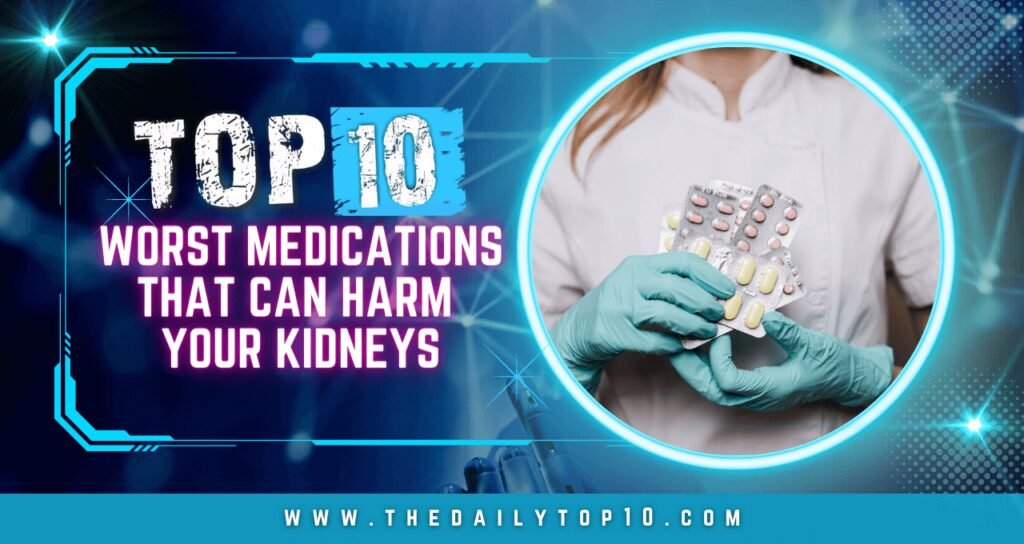
Top 10 Reasons Why We Celebrate National Periodic Table Day
Top 10 Basic Human Rights Everyone in the World Must Know
Top 10 Leading Causes of Death in Germany (Updated)
Top 10 Best & Most Effective Ways to Make Money Online (Updated)
Top 10 Reasons Why We Celebrate Single Awareness Day
Top 10 World’s Most Shocking Celebrity Deaths in 2022